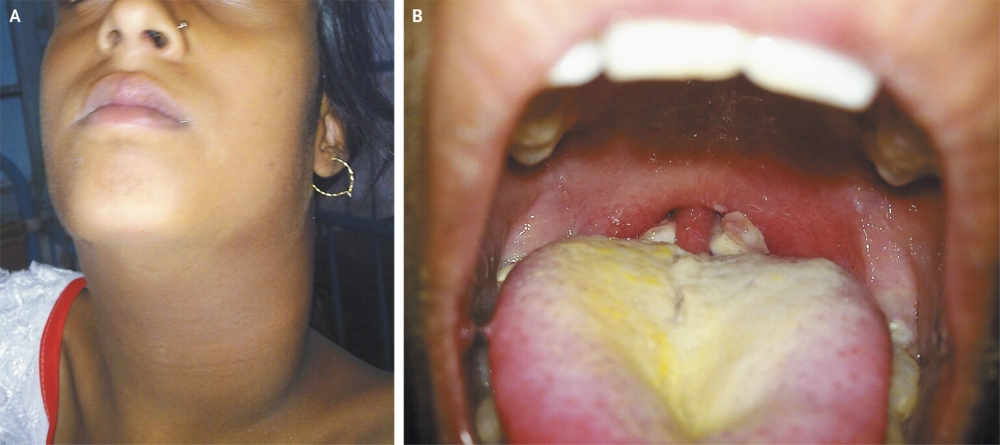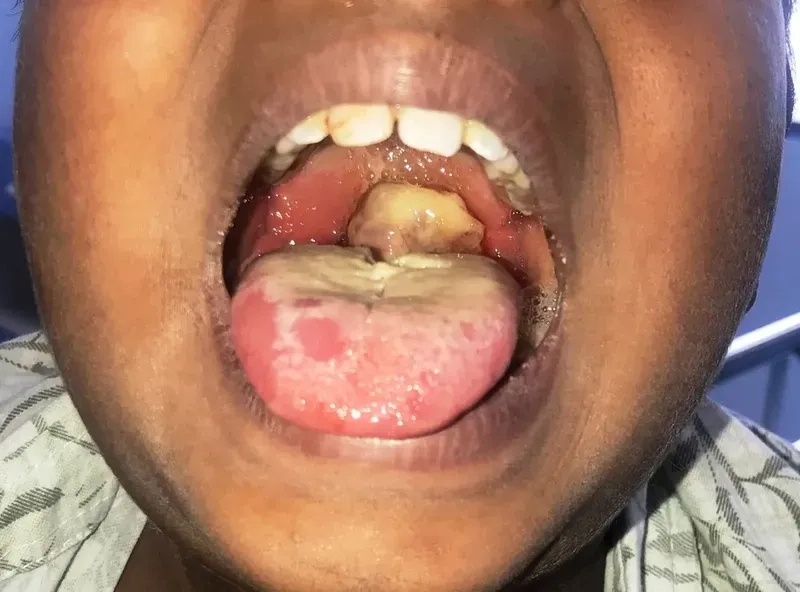Diphtheria is a serious, vaccine-preventable bacterial infection that can be fatal. Understanding its causes and symptoms is the first critical step in protecting your family from this dangerous disease. Don't be caught unprepared.
What are the main causes of Diphtheria?
- The primary cause is the bacterium Corynebacterium diphtheriae, which produces a potent toxin that damages tissues throughout the body, especially the respiratory system.
- It spreads easily through respiratory droplets from an infected person's cough or sneeze, similar to how the common cold is transmitted.
- Direct contact with contaminated objects or infected skin ulcers can also transmit the bacteria, making good hygiene crucial in preventing its spread.

Key symptoms of Diphtheria to watch for
- A thick, gray membrane covering the throat and tonsils is the hallmark sign, which can dangerously obstruct breathing and swallowing.
- Early symptoms often include a sore throat, mild fever, swollen neck glands (known as a bull neck), and a general feeling of fatigue.
- In advanced stages, the toxin can cause nerve damage, heart problems, and kidney failure, requiring urgent medical intervention.
How can you prevent Diphtheria effectively?
- Vaccination is the most effective prevention; the DTaP vaccine for children and the Tdap booster for adults are highly recommended.
- Maintaining a complete immunization schedule according to your local health authority's guidelines provides the best long-term protection from this infection.
- Practicing good personal hygiene, like frequent handwashing and avoiding contact with sick individuals, helps reduce the risk of transmission.
>>> Don't miss: Croup in Children: Recognizing That Barking Cough & What to Do
Real pictures of Diphtheria disease







>>> Learn now: Beat the Common Cold Faster: Expert Tips That Actually Work
Prevention through vaccination is key. Ensure your family's immunizations are current. Consult your healthcare provider today to review your vaccination status and stay protected against this preventable illness.
>>> Find out together: COVID-19 in 2025: What You Need to Know to Stay Safe




